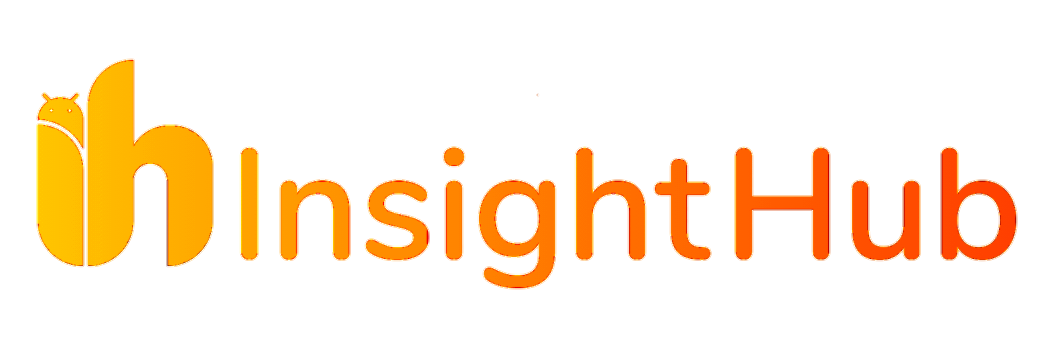The deployment of commercial malware known as Pegasus by several regimes has brought state-level cyber-surveillance back into the cyber hotspot. This has been a serious topic now and most highly professional persons are targeted here.
After The Guardian and 16 other media sites disclosed how authoritarian regimes are deploying commercial software to target activists, politicians, and journalists, government-sanctioned cyber-surveillance has resurfaced in the news.
Pegasus is, in a nutshell, commercial spyware. Unlike the software used by hackers to gain money by stealing and tricking their victims, Pegasus is only intended for spying. Once a smartphone (Android or iOS) has been discreetly infected, it can be used as a comprehensive monitoring device: You can read and copy SMS messages, emails, WhatsApp messages, iMessages, and other types of messages.
Up Next: Flipkart exclusive Nothing ear (1) Bluetooth headset launched in India
Follow us on Twitter and Telegram
one can listen in on incoming and outgoing calls and steal all of the device’s photographs. You can also record what is said by turning on the microphone and/or camera. When you add in the ability to access historical and present location data, it’s evident that the listeners on the other end know practically everything there is to know about anyone who is objective.

Pegasus was originally observed in the wild is 2016, so it’s not new, but its capabilities and sophistication have greatly increased since then. A copy is not available to everyone. This item is not available on eBay or the Dark Web. It is only sold to governments by the NSO Group and costs millions to purchase.
This, fortunately, implies you are no longer in the hands of cybercriminals or terrorists. Pegasus is marketed by NSO Group as “technology that helps government agencies detect and investigate terrorism and crime, saving millions of lives around the world.” It has a wonderful sound to it. Except, of course, that “government” is no guarantee of morality, self-control, or character.
Hungary, Mexico, Saudi Arabia, India, and the United Arab Emirates are just a few of Pegasus’s countries to attract journalists, business people, religious leaders, professors, and union leaders (UAE).
NSO Group acknowledges that their actual client list encompasses more than 40 nations, but claims to be studying consumer human rights in its defense. Pegasus “does not use it to perform cyber surveillance in the United States, and no foreign customer has ever been given with technology that allows them to access phones with US numbers,” according to the company.
It’s also a truth that the amount of faults is proportional to the software’s complexity. More code equals more mistakes. The majority of the bugs are simply inconvenient. Something about the user interface isn’t quite right. A feature that may or may not perform properly in certain situations. The authors address the most obvious and bothersome issues in tiny “spot releases.” Bugs can be found in games, operating systems, Android and iOS apps, Windows programs, Apple Mac apps, Linux, and almost anyplace else.
Unfortunately, using open-source software does not ensure a fault-free experience. Every piece of software contains flaws. Because critical projects are frequently best managed by a small group (or even a single person) who works on the project, the adoption of open source can exacerbate the problem. Three security flaws have recently been discovered in the Linux kernel, which has been around for 15 years!
The problem becomes more serious when a bug has the ability to compromise a computer’s security. The faults are so serious that Google offers a reward to anyone who can show a security flaw in Android, Chrome, or Google Play. Google paid out a whopping $ 6.7 million in prizes in 2020. Similar systems are used by Amazon, Apple, and Microsoft.
What do you think about it? let us know in the comments.







3 comments
Comments are closed.